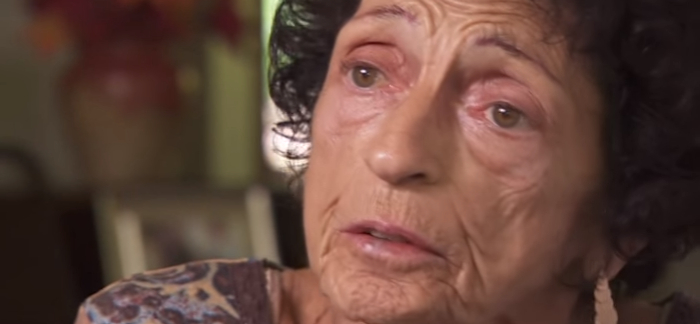Terminal diseases and illnesses are very real issues that threaten can our health and wellness to the point of near death. While some believe that those with terminal conditions should be given the option to pull the plug on their own lives, there are those that refuse to acknowledge assisted death as a morally upright practice.
List of Pros of Assisted Death
1. Dignified Death
Many of those who reach the terminal phase of a disease are often stripped of the ability to control their own bodily functions, leaving them nearly incapable of many basic activities. Feeding is often done through a tube, urine and feces are collected through a diaper, and sometimes, even their very breathing is maintained by a machine. With assisted death however, they can choose to go before they reach a dependent state.
2. End to Pain
When a person is afflicted with disease, it’s very possible for them to experience excruciating pain. This can go on for hours in a day, to nonstop, depending on the condition. But if they are given the option to make decisions for their own life, they can skip the pain and be free from the agony of disease.
3. Preparedness
One of the things that can be very anxiety inducing when it comes to disease and illness is the uncertainty. Death can strike at any minute, and sometimes it can take months, or even years before that day comes. With assisted death, people and their families can choose the date of death, thus affording the chance to mentally, physically, and financially prepare for what’s to come.
List of Cons of Assisted Death
1. Possibility of Recovery
Some people who thought they were terminally ill were still able to recover from their condition, and this is one of the main arguments that anti-assisted death organizations and individuals raise. In the event that a cure is developed, or if the condition turns around on its own, the person would then be able to live a normal life without the disease.
2. Contradicts the Hippocratic Oath
Doctors are the only people who are allowed to administer and approve assisted death requests, but as doctors, they go against their Hippocratic oath when they allow this to happen. This is because doctors pledge to cause no harm to their patients before they practice medicine, which includes the deliberate ending of a person’s life.
3. Mental Incapacities
Generally, a patient should be the one to decide whether or not their life should be ended. But because they’re afflicted with disease, their mental capacity might not be at best, which means their decision might be the result of a problematic thought process.




